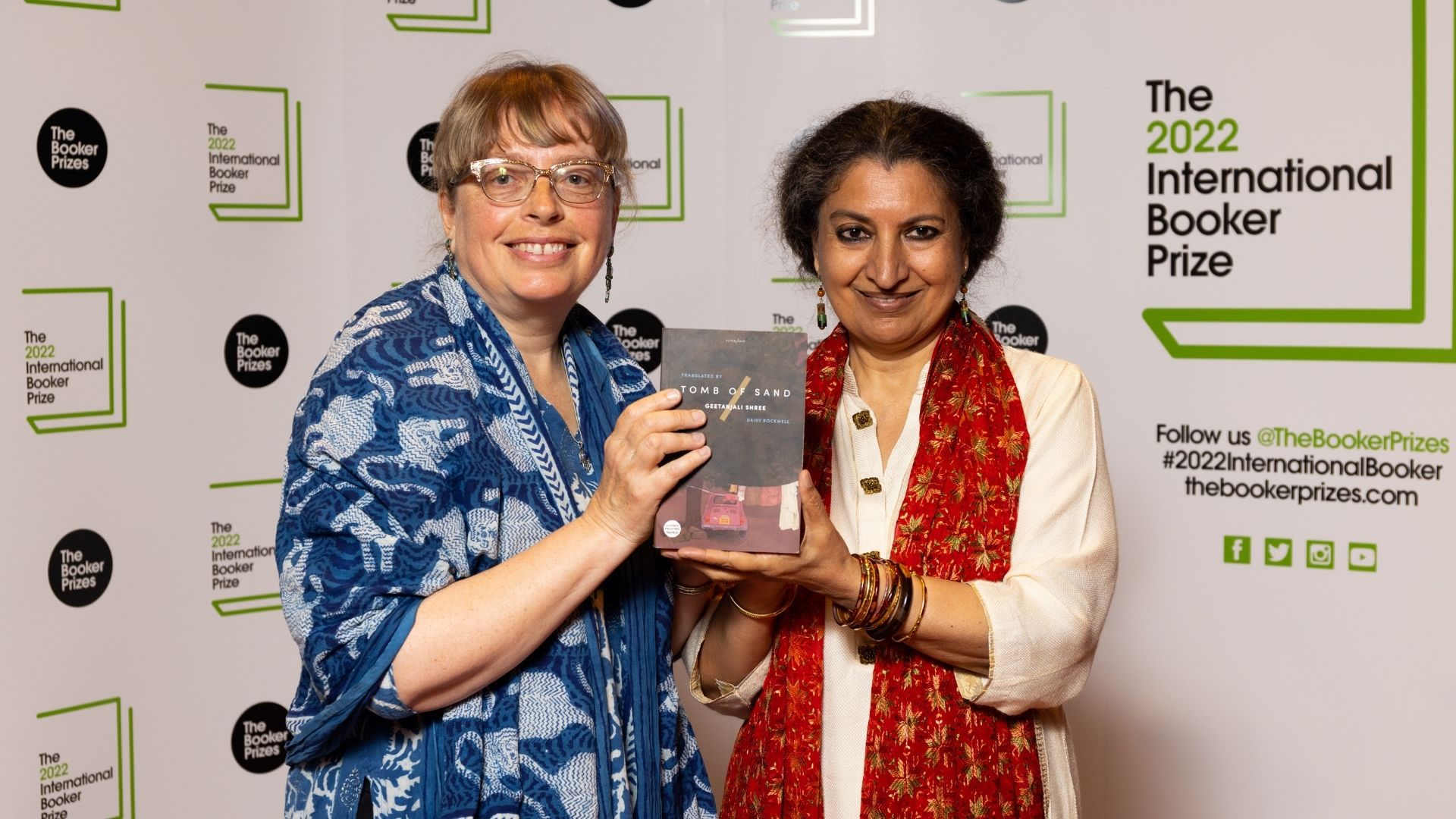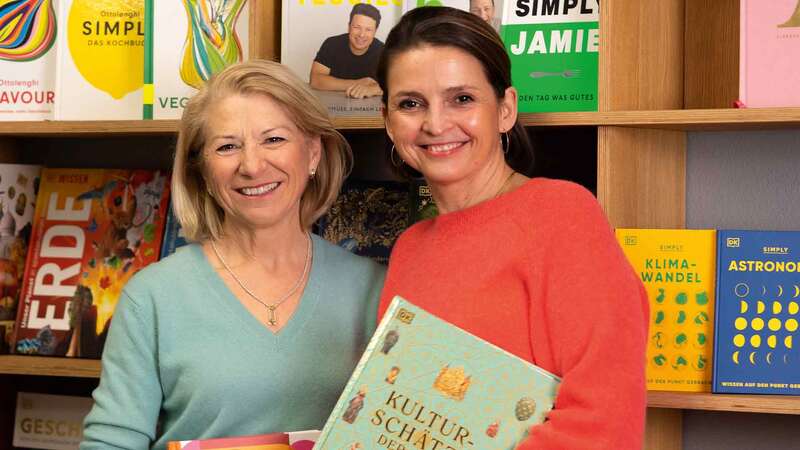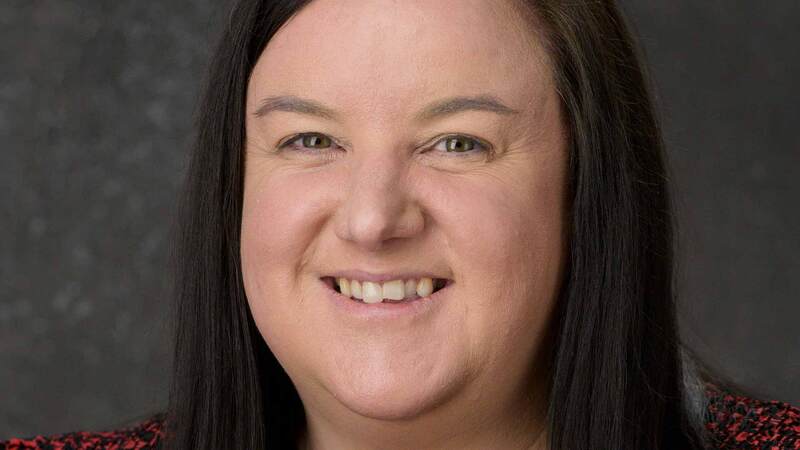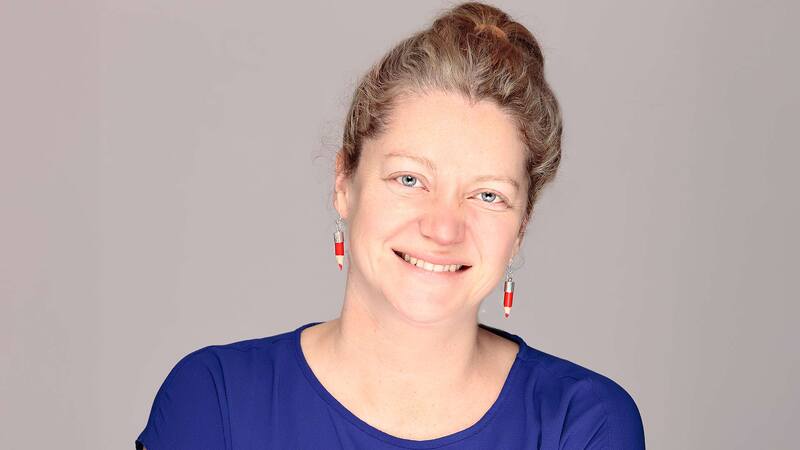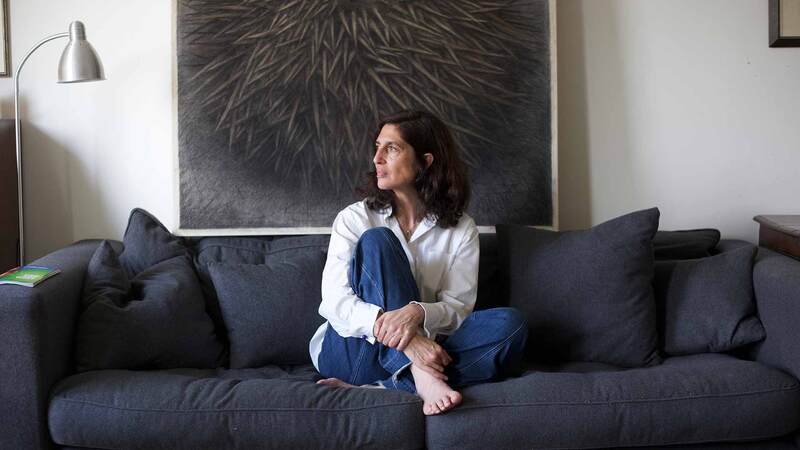You are viewing your 1 free article this month. Login to read more articles.
Major new project to support South Asian Literature in Translation
A new, cross-continental project has been launched to support the translation of South Asian Literature into English.
The South Asian Literature in Translation (SALT) project has been launched by the University of Chicago’s South Asian Languages and Civilisations department, in partnership with bodies in both the US and UK. These include the American Literary Translators’ Association (ALTA), English PEN, the British Council and Words Without Borders.
The multi-year project has been designed to strengthen each stage of the publishing chain. Its first year (starting on 1st July 2023) will include: eight mentorships for translators working with South Asian languages; a South-Asia-focused literary translation summer school; the launch of two new grant programs (one to fund translators to produce samples, the other to support book publishers with translation costs); a series of workshops for publishers across South Asia and a travel grant program open to publishers and translators.
Activities are open to translators and publishers in the UK, US and Canada. Future years will develop and expand upon each activity with public programming and another “substantial” grant scheme to support the promotion of translated South Asian books.
SALT’s co-directors, Jason Grunebaum and Daniel Hahn, said of the launch: “With this project, we aim to bring some of the extraordinarily rich literature of the subcontinent to publishing markets where it has thus far been severely underrepresented.”
The project will be overseen by an advisory board, including author and Urdu translator Musharraf Ali Farooqi, Bengali translator Arunava Sinha and Hindi and Urdu translator Daisy Rockwell, who won the 2022 International Booker Prize for her translation of Geetanjali Shree’s Tomb of Sand (Tilted Axis).
Rockwell commented: “SALT is an astutely planned effort to provide South Asian literature in translation with a much needed boost of funding and training. The impact will be felt not just in the United States, but also worldwide.”
For more information on the project, visit the website.





